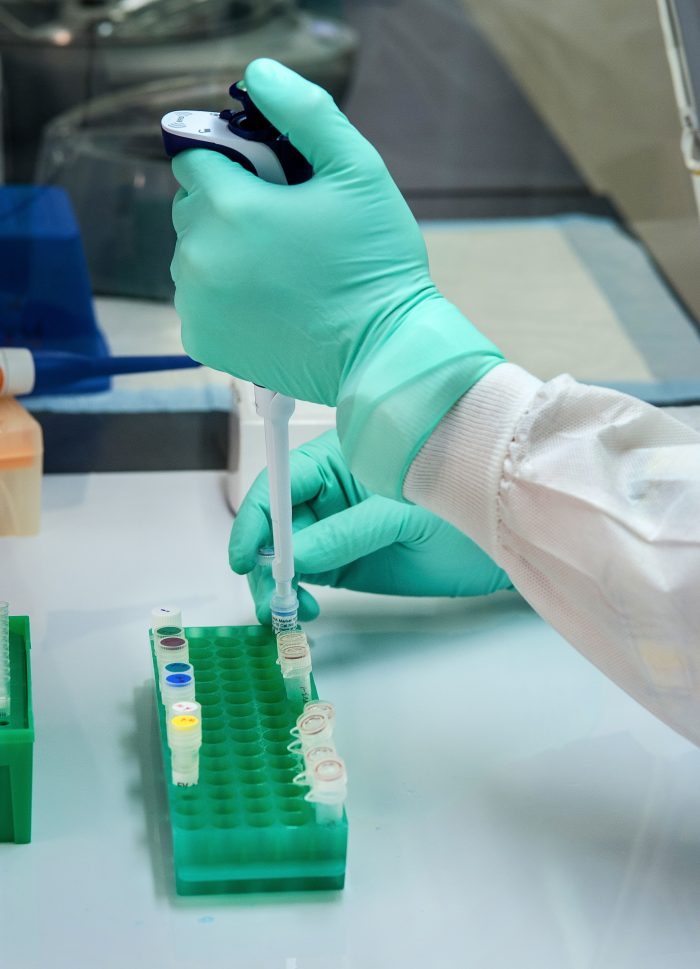Their main duties include:
- preparing and manufacturing pharmaceutical products: you will prepare and manufacture pharmaceutical products according to established protocols and procedures, including mixing, measuring, and dispensing chemicals
- testing and analysing pharmaceutical products: you will perform various tests and analyses on various pharmaceutical products to ensure quality and safety standards are met, including potency, purity, and stability testing.


